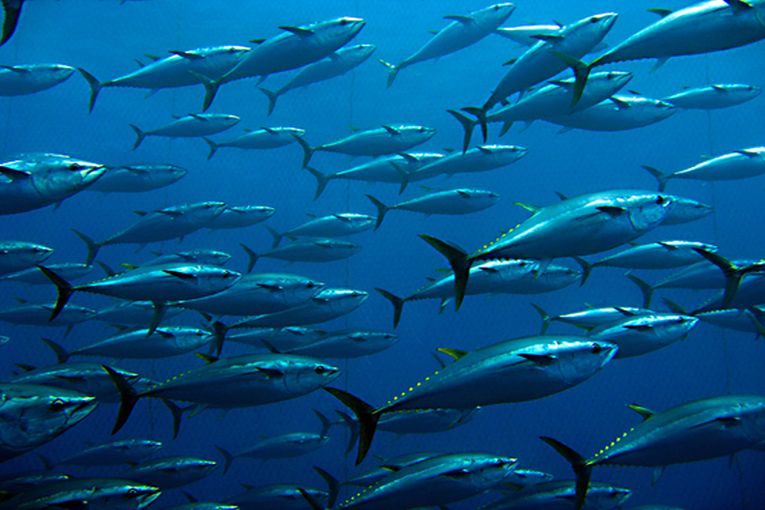Achim Steiner is the executive director of UNEP, his previous links being with IUCN. His point at the World Ocean Summit last week on the exploitation of our oceans was well put. He admitted the extreme economic benefits to some nations of our marine resources, but reminded all of us that taking your catch is only part of the equation. With 350 million jobs connected to maritime activity, fish and related products alone account for $102 billion pa. Interestingly, almost 10% of that is involving ecotourism around coral reefs.
With vast figures like that to pass around, many maritime nations need to think again about their exploitation of the environment. Increasing consumption is only part of the current situation. Decreasing fish populations in populated regions are certainly more worrying events for us. Achim's argument is simply, that, nationally at least, we are unlikely to be responsible enough in the near future.
Although only 30% of the sea fish populations are classed as over-exploited or deplete in some way, there are 500 large "dead zones" where pollution has taken a grim toll. These losses include mangrove swamps, sea grass beds and the infamous coral reef situation. Corals are plagued with acidified water, pollution near human populations and predation by invasive species.
A nation's GNP is no longer an accurate measure of its potential. Sustainable long-term growth has to rely on natural resources that will continue to exist in the future. The United Nations Environment Programme's influence on nations that agree with such concepts is felt in the document The Economics of Ecosystems and Biodiversity.
Marine Protected Areas are the tip of the iceberg that should sink human greed that belongs to the past. Haiti now has 9 MPA while the South Pacific nations seem to be even further ahead of the rest of us. Only 2.8 % of the world's marine resources are protected, with 10% being fought for by the conservationists before 2020. The EU's Common Fisheries Policy has also been especially hard-fought. It attempts to prevent the 23% wastage of total catch by throwing fish overboard when quotas are reached. It may sound stupid, but we have to deal with the fisherman's reality. Their industry is not dead if they can change their systems.
It is truly amazing how resilient some of our fish stocks have been when you consider the wastage that has been perpetrated for generations. Now it remains to be seen whether grand plans come to fruition. We can feed the world in 2100, but only if there is cooperation in the strongest ecological context.










